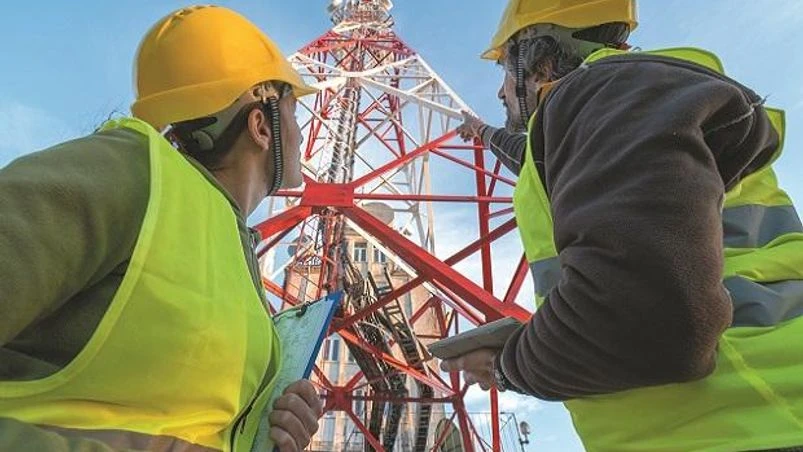 What is the indigenous 5G testbed?
What is the indigenous 5G testbed?
The govt has decided to offer free use of indigenous 5G testbed to recognised startups and MSMEs till January. It will help them validate their products. Let us find out more about it
Khalid Anzar New Delhi
)
A lot has been said and written about the application of 5G for enterprises and individual users. While you and I look forward to more immersive experience with our devices and collaboration tools, enterprises in India face a looming capacity challenge.
Businesses in India are now at an early stage of discovering the potential of 5G, in relation to industrial automation, process management, private networks and more.
Taking a step towards becoming self-reliant in that direction, the government has recently announced a 5G test bed project for start-ups and industry players in India.
The goal of the project is to provide start-ups and industry players an end-to-end test bed to test and validate their equipment for 5G services
The idea is to allow R&D teams of Indian academia and industry to test and validate their prototypes and products locally. Engineers examine 5G applications in test bed environment before a commercial rollout. This allows them to understand how the network will perform in real-world applications.
In the absence of the indigenous 5G test bed, Indian start-ups and industry players would have to take their products abroad for testing and validation purposes.
According to Commerce and Industry Minister Piyush Goyal, the indigenous 5G test bed would help in digitising the economy, boosting start-up ecosystem, improving governance, ease of living and facilitating ease of doing business.
Also Read
A collaborative project led by IIT Madras, the 5G test bed has been set up at a cost of around Rs 220 crores. It will be available at five different locations in the country. Other institutes collaborating in the project are IIT Delhi, IIT Hyderabad, IIT Kanpur, IIT Bombay, Indian Institute of Science, the Society for Applied Microwave Electronics Engineering & Research, and the Centre of Excellence in Wireless Technology.
The test bed comprises of 5G base station and user equipment nodes with support for most 5G-related services to replicate deployment in a real-world-like environment. These services include enhanced mobile broadband, ultra-low latency communication and massive machine-type communication including narrowband IoT services.
Likewise, the test bed supports both sub-6GHz and millimetre-wave operating frequencies. With 5G test bed, the local 5G equipment makers would be able to design and fabricate high-end communication components such as baseband processing units, remote radio heads, RF modules, core networks, network interconnects and baseband algorithms and software.
That said, the indigenous 5G test bed would allow industry players to develop a fully functional 5G stack that would be essential for the rollout of India’s own 5G standard, referred to as 5Gi.
Ashwini Vaishnav, Minister of Communications and Electronics & Information Technology, recently said that the indigenous 5G stack is in the works and would be readied by September-October this year.
More From This Section
Topics :5G5G technologytelecom services
Don't miss the most important news and views of the day. Get them on our Telegram channel
First Published: Nov 02 2022 | 8:37 AM IST

